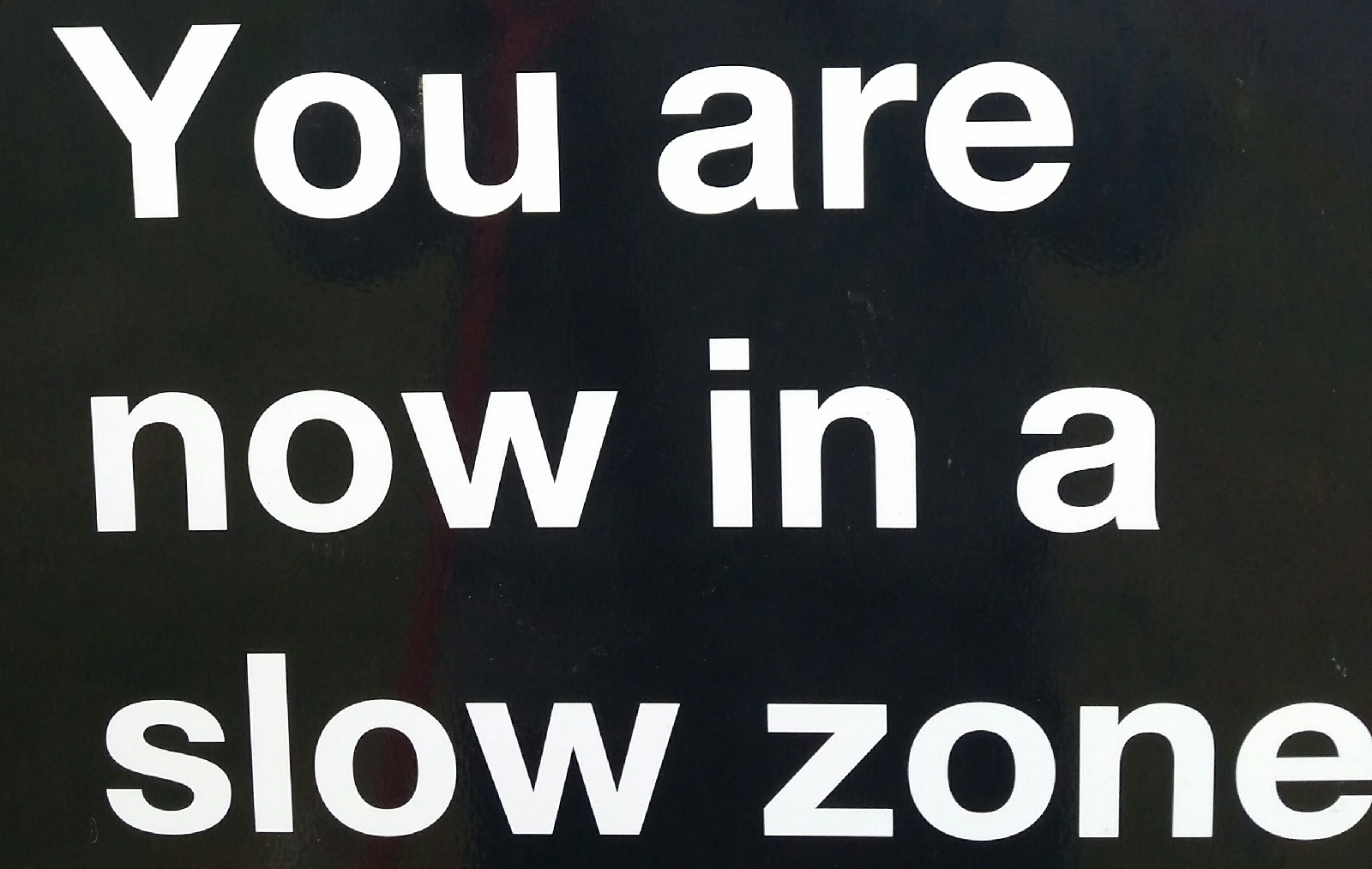A sermon preached at Holy Evangelists Goolwa
and St Jude’s Port Elliot 13 August 2023
Chaos,
Calm Compassion
When safely
on shore it can be energising to experience the storms and squalls of the
ocean. Our Horseshoe Bay reminds us of ships sunk and lives lost in storms. In
our Gospel experienced fishers and boat handlers are caught in a life-
threatening storm. Elijah faces fire and earthquake. This rings true for us as
Australians. We may also face the storms of illness, family breakdown or
bereavement.
Amid chaos
when our lives seem precarious, we may become fearful, swamped by emotions,
reactive not responsive. Peter is impulsive, impatient, easily influenced,
driven often by fear or misplaced love. Elijah is fleeing in fear.
In the
Gospel Jesus remains at prayer. John Macquarie, who was on of the great
Anglican theologians of the 20th century defined prayer as ‘slow
thinking’. I imagine Jesus practicing a form of mindfulness, practicing calm as
well as using reason and reflection to think and plan for the next step of his
ministry. In prayer our feelings dialogue often with our thinking, sometimes
moving into contemplation. Jesus considers and chooses with the view from
above. Problems often require we step up
a logical level to see the wider view before we respond. Jesus in the Gospel is
pictured as always able to find what is significant in every situation.
We too
require calm and the practice of prayer as ‘slow thinking’ with others and
alone can open the imagination and our creative reasoning to respond with
compassion.
Compassion
is beyond empathy. Empathy is natural for us and indeed often we are told to be
more empathetic. Paul Bloom in his book ‘Against Empathy’ says that we
often define empathy as imagining we feel what is it is like to be the other
person. This he says has some use but often leads to poor choices with unforeseen
consequences. Another way of defining empathy is as social cognition,
understanding another person and what makes them tick. However, if you have
ever been bullied you will known that in toxic workplaces or relationships
power arises from finely tuned social cognition.
Jesus is often
portrayed as compassionate and the Holy One is often described in the Hebrew
Scriptures as being full of compassion. We notice that in this story Jesus
seems to act rationally, calming both the fears of those in peril and then
bringing calm to the chaos. In the cave Elijah hears the Word in the still
small voice of silence causing him to take another path. Compassion is a reason-based
response that considers the consequences.
Life can
bring chaos but by practicing ways to be calm and making decisions that bring
the best consequences may leads us to live with compassion and care. Reason is
God’s gift to humanity and we can learn alone and with others to reason well
and make choices with the consequences in mind.



